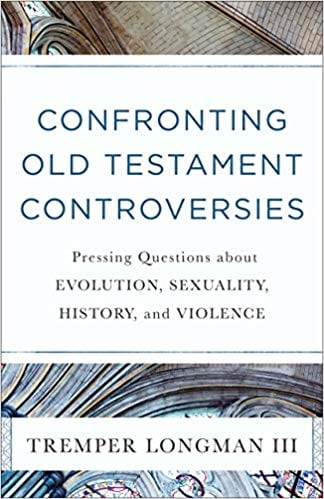Q. Let’s start with some basic assumptions: 1) in the OT God is not expecting fallen people, including his own people to behave like Jesus later expects of his disciples, particularly after Pentecost. Not only hardness of heart, but a lack of the ongoing presence of the Spirit in the lives of God’s people in the OT has to be taken into account; 2) commandments like ‘an eye for an eye’ etc. are meant to limit violence and revenge taking not license it— it really means only an eye for an eye; 3) such legislation shows that God is dealing with his own people where they are as a part of a fallen and sinful world, so….4) when dealing with the herem, we are dealing with God indicating that as a lesser of two evils, this activity must be undertaken by Israel, because idolatry and gross immorality in the holy land would be worse. 5) that still doesn’t make this activity an example of the highest and best ethics God will demand of his people (see the Sermon on the Mount), it’s just God making the best out of a bad and fallen situation. I do not see this as making God a moral monster. What do you think of this reading of the material?
A. I may not agree with every implication of your statements here, but over all I agree that this activity is an example of the highest and best ethics God will demand of his people (which I would define as Edenic ethics). I think though (and my present project is on the Bible and public policy) that the Sermon on the Mount does not speak directly to questions of the use of violence by Christians say in the military or police force. It is an ethic for Christians as individuals. But as I say this is a big question. Your question also implies that “eye for an eye” is something that we have progressed beyond. I hope not because it is the principle that the penalty should conform to the crime (it wasn’t literally carried out in the OT either).[ And I agree that the Sermon is ethics for the followers of Jesus, and not to be imposed on non-Christians or as public policy in a pluralistic society. Where I suspect we would disagree is that I don’t think Christians should be soldiers or policemen if they wish to be consistent with the ethic of the Sermon on the Mount. They can serve as chaplains or medics, but not in a capacity that involves violence against other human beings. I’m fine with retributive justice as public policy, just not as a Christian ethic. BW3].













